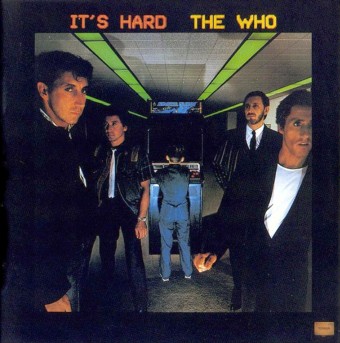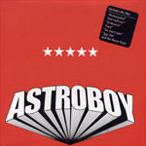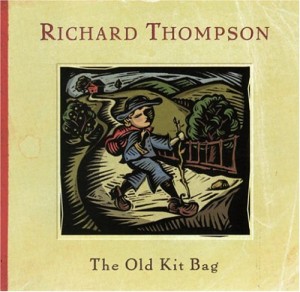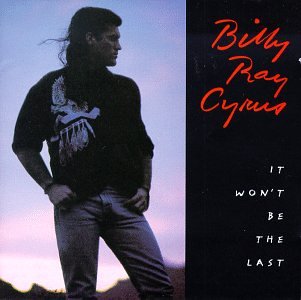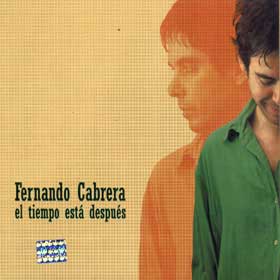Read the introduction to this review here.
The songs on The Who’s final record with Kenny Jones have a distinctive characteristic: many were written “to order” by Pete. That is, Roger and John requested that certain issues were touched upon and that is why we have a song about the health system (“Cook’s County”) and one about war (“I’ve Known No War”). These work in tandem with John’s “Dangerous”, about urban violence and security.
“Cook’s County” has the sad merit of being hailed by fans as one of the worst songs ever recorded by the band. The other is “Armenia, City In The Sky”, though to be fair that one was penned by Pete’s chauffeur at the time, Speedy Keene. ”I’ve Known No War” is better as it has a longer running time in which motifs are established and both the instruments and the vocals peak, culminating in an orchestrated fade.
The title track was actually reworked from an opera of Pete about each person being a soul under siege, and it has some mixed wordplay. But it is mostly compelling when taken as a whole. Continue reading

